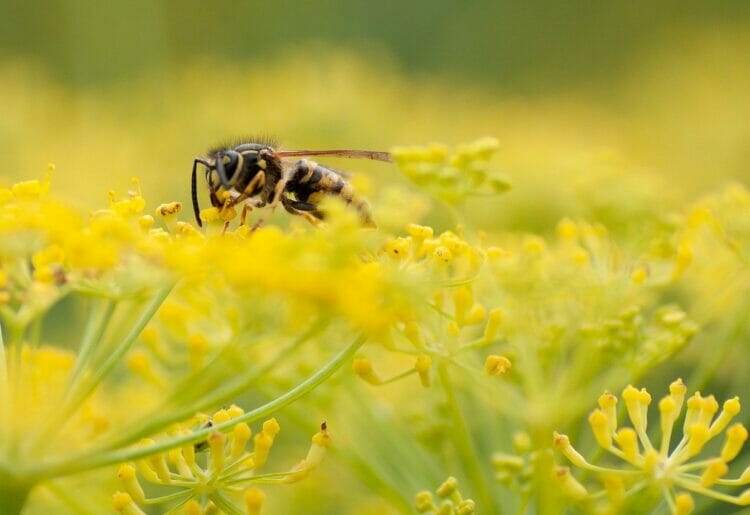‘Let all thy creatures bless thee, O Lord, and my soul praise and bless thee for them all.’
So prayed the 17th century writer Thomas Traherne, in the language of his day.
Traherne, who took a keen delight in the natural world around him, invites us to join him in giving thanks for God’s world.
Of course, it’s not always easy to be thankful for all God’s creatures.
With the warmer weather upon us and picnics beckoning, we might not feel too thankful for wasps.
The gardeners amongst us might struggle to feel thankful for the slugs which will emerge on damp days to wreak havoc among carefully tended vegetables.
And a friend was telling me the other day that she doesn’t even like to talk about the particular creature of which she has a horror so, out of consideration for her, I won’t mention it.
Whatever our private feelings about certain creatures, modern science has shown that all life on earth is linked in ways that are intricate and complex.
When humans make efforts to get rid of so-called ‘pests’ and ‘weeds’, we often upset that delicate balance.
More and more people are coming to recognize the value of working with, rather than against, the natural world.
For Christians, the complexity of nature reflects the wisdom and creativity of God.
So, as the (hopefully) sunny weather tempts us to spend time outside, we have the opportunity to join Traherne in giving thanks:
‘All your creatures praise you, O Lord, and I praise and bless you for them all.’
The Revd Ann Cogle is a curate at Reading Minster, writing on behalf of Churches Together in the Centre of Reading
























